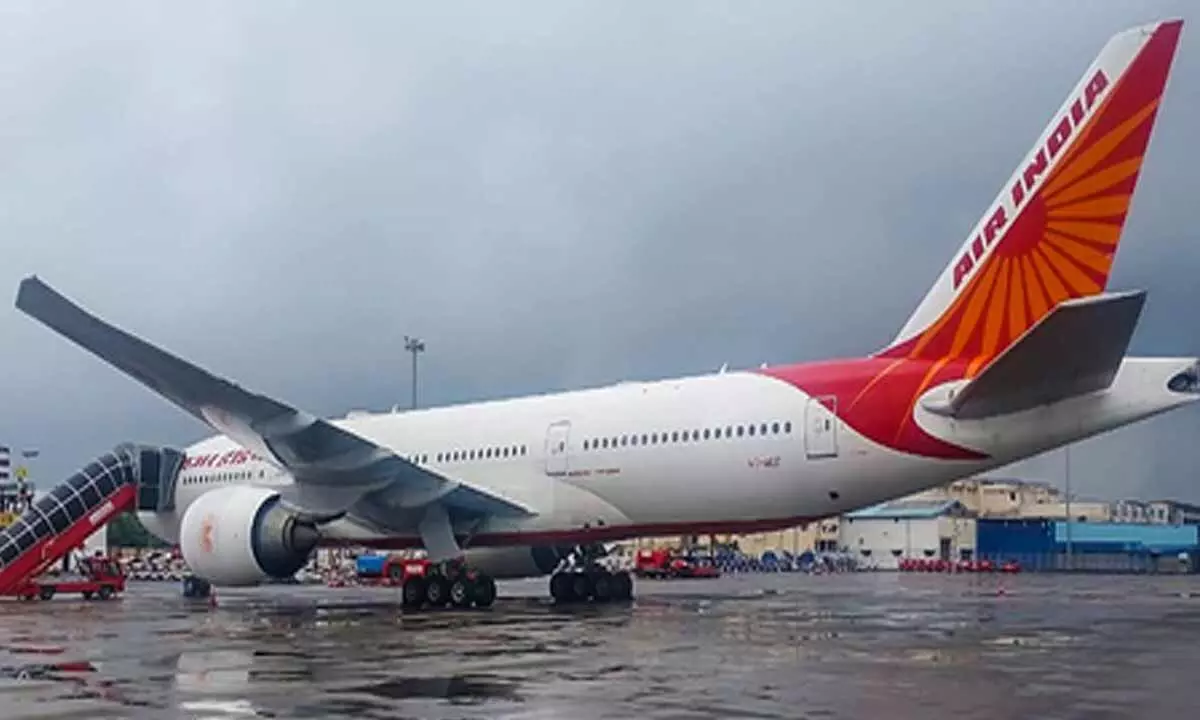An Air India flight, AI 103, en route from Delhi to Washington, D.C., was cancelled in Vienna on Thursday following the detection of a technical snag during a scheduled fuel stop. This latest disruption, which also led to the cancellation of the return flight AI 104 from Washington to Delhi, underscores a series of operational challenges faced by the national carrier in recent days. While Air India prioritises passenger and crew safety, these recurring technical issues are prompting questions regarding fleet reliability and the airline’s ability to maintain seamless international connectivity for Indian travellers.
Flight AI 103, which had departed Delhi on Wednesday morning, was midway through its journey when an extended maintenance task was identified during routine aircraft checks in Vienna. An Air India spokesperson confirmed the need for rectification before the onward journey, necessitating the cancellation of the Vienna to Washington segment and the disembarkation of passengers. For those with eligible visas for entry into Austria, hotel accommodations were arranged, while the airline worked with Austrian authorities to secure lodging for passengers without such permissions, navigating complex immigration and security clearances.
This incident is not an isolated one. In recent days, Air India has grappled with multiple technical issues leading to significant disruptions. Earlier, flight AI 357 from Tokyo to Delhi was forced to make a precautionary diversion to Kolkata due to persistent warm temperatures reported within the cabin of the Boeing 787 aircraft. Similarly, on 27th June, Air India flight AI 639 operating from Mumbai to Chennai was compelled to return to its origin shortly after take-off, following the detection of a burning smell in the cabin. These events, occurring within a short span, raise concerns about the consistency of operational readiness across the airline’s fleet.
The impact of such cancellations extends far beyond mere inconvenience for passengers. Travellers face missed connections, disruptions to critical business meetings, and emotional distress, particularly when dealing with unexpected international layovers without appropriate visa documentation. While Air India asserts its commitment to prioritising safety and has offered rebooking or full refunds, the broader implication of recurring technical snags could affect passenger confidence and potentially hinder the airline’s strategic push for a global presence, vital for India’s burgeoning aviation sector.
As Air India, along with its subsidiary Air India Express, collectively operates over 1,100 flights daily, serving more than 150,000 passengers, the robust maintenance and operational reliability of its fleet are paramount. In the context of developing sustainable and accessible global cities, efficient air travel is a critical component, connecting economies and facilitating cultural exchanges. Any systemic issues in fleet maintenance or unforeseen operational challenges can impede this crucial connectivity, impacting both individual travel plans and broader economic relationships.
While the airline maintains that these decisions are made in line with its “voluntary enhanced pre-flight safety checks” and acknowledges challenges from extraneous factors like airspace closures or air traffic congestion, the frequency of recent incidents necessitates a deeper examination. The continuous and transparent communication of proactive measures to address these technical issues will be vital for Air India to rebuild passenger trust and ensure seamless, reliable air travel experiences, which are indispensable for fostering global integration and supporting India’s vision of connected and prosperous urban centres.
Also Read: Pune SpiceJet Flight Scare Sparks Safety Concerns Over Loose Window Frame


